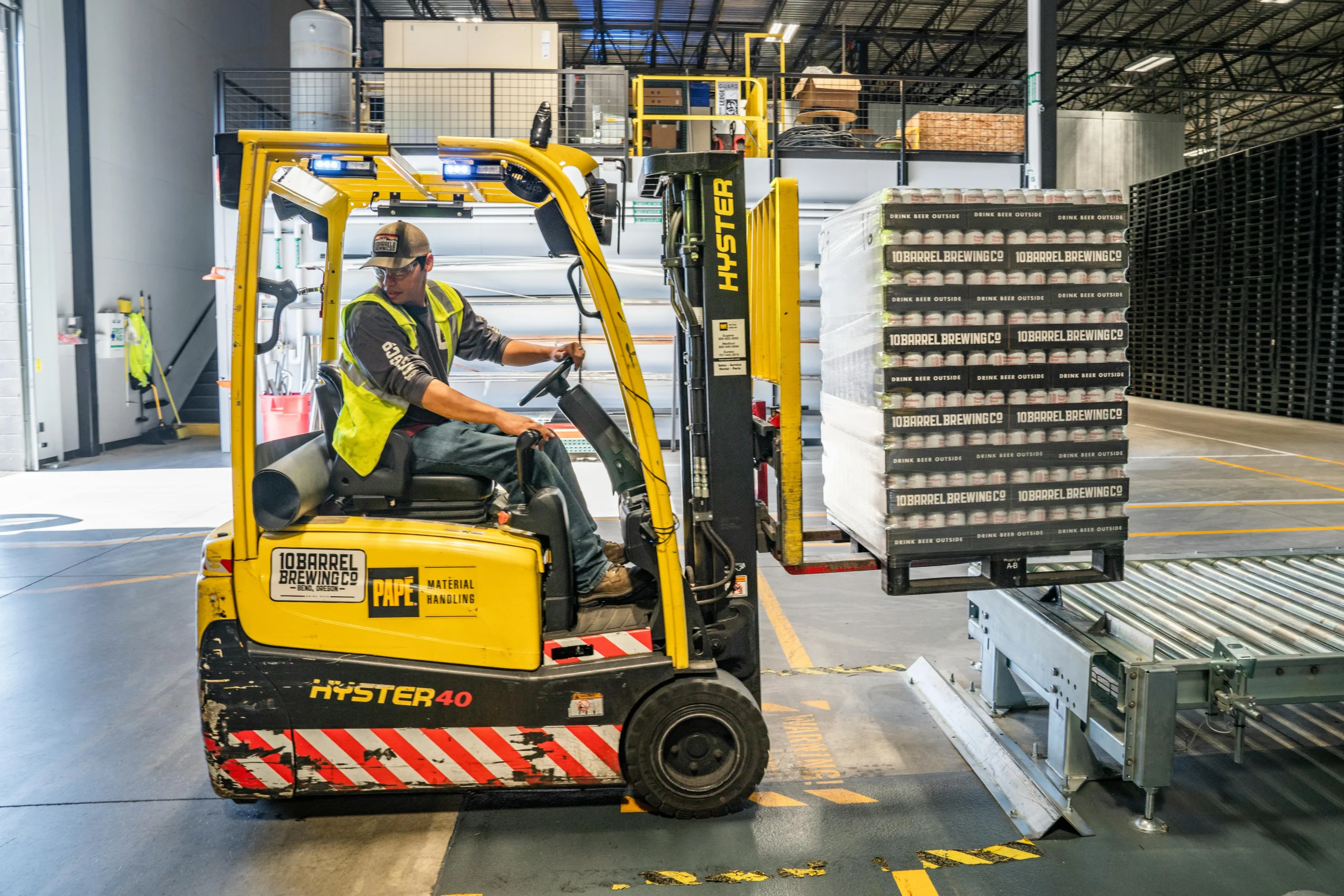Introduction:
Globalisation has been a buzzword for the past few decades. It refers to the increasing interconnectedness of the world through trade, communication, and cultural exchange. The growth of globalisation has had a significant impact on international trade. The integration of markets has led to an increase in cross-border trade, investment, and the movement of people. This article will explore the impact of globalisation on international trade and how it has changed the landscape of the global economy.
Outline:
I. The Definition of Globalisation
- Explanation of globalisation
- The history of globalisation
II. The Effects of Globalisation on International Trade
- Positive Effects
- Increased trade
- Increased investment
- Increased competition
- Negative Effects
- Job losses
- Environmental impacts
- Social impacts
III. The Future of Globalisation and International Trade
- Potential benefits
- Potential drawbacks
- Role of technology
IV. Conclusion
- Summary of key points
- Reflections on the impact of globalisation on international trade
- Final thoughts
I. The Definition of Globalisation
A. Explanation of Globalisation
Globalisation is a term used to describe the process of increasing interconnectedness and interdependence among people, companies, and countries worldwide. It is a complex phenomenon that encompasses economic, political, social, and cultural dimensions. The rise of globalisation has been driven by advances in technology, transportation, and communication. These developments have enabled the world to become more integrated and interconnected, allowing for greater exchange of goods, services, ideas, and people across borders.
B. The History of Globalisation
The concept of globalisation has been around for centuries, but it has only gained momentum in recent decades. The origins of modern globalisation can be traced back to the late 19th and early 20th centuries, when advances in transportation and communication technology facilitated the expansion of global trade. However, it was not until the 1980s and 1990s that globalisation truly took off, as countries began to liberalise their economies and reduce trade barriers. The collapse of the Soviet Union and the rise of China also played a significant role in accelerating globalisation in the late 20th and early 21st centuries.
II. The Effects of Globalisation on International Trade
A. Positive Effects
Increased Trade
One of the most significant impacts of globalisation on international trade is the increase in the volume and variety of goods and services traded across borders. Globalisation has enabled countries to specialise in the production of certain goods and services, leading to greater efficiency and lower prices. It has also facilitated the emergence of global supply chains, allowing companies to source raw materials, components, and finished products from different countries. As a result, international trade has grown rapidly over the past few decades, with exports and imports accounting for a growing share of global GDP.
Increased Investment
Globalisation has also led to an increase in cross-border investment, as companies seek to tap into new markets and take advantage of lower costs of production. Foreign direct investment (FDI) has become a key driver of economic growth in many countries, particularly in emerging markets. FDI can bring new technology, know-how, and management expertise to host countries, as well as create jobs and boost exports.
Increased Competition
Globalisation has intensified competition among companies, both domestically and internationally. As barriers to entry have been lowered, new players have entered markets, challenging incumbents and pushing them to innovate and improve their products and services. This has led to greater consumer choice, better quality products, and lower prices.
B. Negative Effects
Job losses
While globalisation has brought many benefits, it has also had negative consequences for some workers. The increased competition has led to the relocation of jobs from high-wage to low-wage countries, particularly in manufacturing and services industries. This has resulted in job losses and wage stagnation in some countries, particularly in developed economies. In addition, globalisation has contributed to the rise of precarious and low-paid work, as companies seek to cut costs and maximise profits.
Environmental impacts
Globalisation has also had negative environmental impacts. The growth of international trade has led to an increase in transportation, which in turn has led to greater emissions of greenhouse gases and other pollutants. The expansion of global supply chains has also led to greater use of natural resources, including water, land, and energy. Moreover, the regulation of environmental standards varies widely across countries, leading to a race to the bottom in which companies seek to locate in countries with lax regulations.
Social impacts
Finally, globalisation has had social impacts, particularly in developing countries. While FDI can bring benefits such as job creation and technology transfer, it can also lead to social and economic inequality. In some cases, foreign companies have been accused of exploiting local labour and resources, and failing to respect local cultures and traditions. Moreover, the globalisation of media and entertainment has led to the homogenisation of culture, as local traditions and values are eroded by global trends.
III. The Future of Globalisation and International Trade
A. Potential Benefits
While globalisation has had its challenges, it also presents opportunities for future growth and development. For example, the growth of e-commerce and digital platforms has the potential to reduce trade costs and increase access to global markets for small and medium-sized enterprises (SMEs). Moreover, the adoption of sustainable business practices and green technologies can help to mitigate the negative environmental impacts of globalisation.
B. Potential Drawbacks
However, there are also potential drawbacks to continued globalisation. One concern is the concentration of economic power in the hands of a few large companies, which can stifle competition and innovation. Another concern is the potential for global economic instability, as interconnected markets become more vulnerable to shocks and crises. Finally, there is the risk that globalisation could exacerbate social and economic inequalities, particularly if the benefits of growth are not distributed fairly.
C. Role of Technology
The role of technology in globalisation and international trade is likely to continue to be a major factor in the coming years. Advances in automation and artificial intelligence are likely to disrupt traditional industries and change the nature of work. Moreover, the growth of the digital economy is likely to create new opportunities for trade and investment, as well as raise new challenges around data privacy and security.
IV. Conclusion
A. Summary of Key Points
In summary, globalisation has had a significant impact on international trade, both positive and negative. On the positive side, it has led to increased trade, investment, and competition, as well as greater efficiency and lower prices. However, it has also led to job losses, environmental impacts, and social inequality. The future of globalisation and international trade is likely to be shaped by the role of technology, as well as ongoing debates around regulation and the distribution of benefits.
B. Reflections on the Impact of Globalisation on International Trade
The impact of globalisation on international trade has been profound, and its effects are likely to continue to shape the global economy in the years to come. While the benefits of globalisation are clear, it is important to address the negative consequences in order to ensure that growth is sustainable and equitable. This will require a coordinated approach by governments, companies, and civil society, as well as ongoing dialogue and cooperation at the international level.
C. Final Thoughts
In conclusion, the impact of globalisation on international trade has been significant, and its effects are likely to continue to shape the global economy in the years to come. The growth of international trade and investment has brought many benefits, including increased efficiency, innovation, and economic growth. However, it has also led to job losses, environmental impacts, and social inequality. It is important to address these negative consequences to ensure that growth is sustainable and equitable.
The future of globalisation and international trade is likely to be shaped by ongoing debates around regulation and the distribution of benefits. Technology will continue to play a major role, with advances in automation and artificial intelligence disrupting traditional industries and changing the nature of work. Moreover, the growth of the digital economy is likely to create new opportunities for trade and investment, as well as raise new challenges around data privacy and security.
Ultimately, the impact of globalisation on international trade depends on how it is managed and regulated. Governments, companies, and civil society must work together to ensure that growth is sustainable and equitable, and that the benefits of globalisation are shared more fairly. With the right policies and approaches, globalisation can continue to drive growth and development in a way that benefits everyone, both in developed and developing economies.








